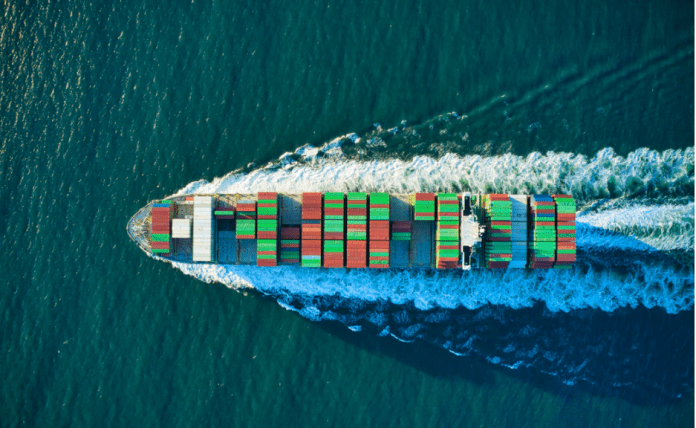Fear prevails in the Global Shippers Forum (GSF), the global business organisation which represents cargo owners exporting and importing to international supply chains.
The reason is the new carbon tax that will be discussed at this week’s meeting of the Marine Environment Protection Committee (MEPC) at the International Maritime Organisation (IMO) and it seems that it will increase freight costs for shippers beyond the already record levels.
After decades of efforts by the IMO to reach an agreement on the so-called IMO 2023, a set of energy efficiency measures for existing ships, which will take effect next year, MEPC will now consider a further proposal for the introduction of a carbon tax on bunker fuel.
Such a tax will be imposed as an incentive to switch to fuel options with lower carbon emissions and could eventually double the current price of traditional fuels.
GSF, in trying to mitigate the effects, urges regulators to ensure that the ability of shipping lines to remove older capacity from the market, which they consider uneconomical to upgrade to progressively more demanding levels of performance, is not used as a disguised mean for capacity management resulting in higher freight rates.
In addition, given the widespread use of Bunker Adjustment Factors (BAF) and the expansion of new surcharges in anticipation of the introduction of Low Sulfur Fuel in 2020, shippers will be wary of how much of this proposed carbon tax will be levied on them.
Director of GSF, James Hookham, points out, “Shippers will be forgiven for thinking that the proposal, and its consideration at the IMO will inevitable result in still higher freight rates. That’s because the shipping industry has a very efficient mechanism for passing through higher fuel costs in the form of BAF; a surcharge to cover variations in fuel price. There are few reassurances in the existing proposals that a Carbon Tax won’t just be passed through as an added cost for shippers.”
Hookham went on to say, “If the shipping industry is serious about Market Based Mechanisms as a route to decarbonisation then it needs to insulate its customers from their inflationary effects otherwise emissions will be reduced by suppressing demand for world trade rather than by incentivising the step-changes in fuels and propulsion technology, so urgently required.”
Hookham concluded, “The MEPC needs to think through the realities of the shipping market and avoid simplified comparisons with experiences in other sectors of their economies.”







